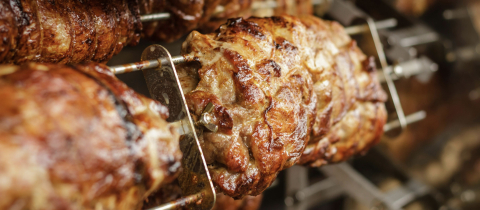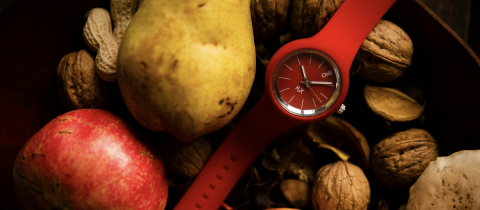The 2005 Nobel Prize in Medicine and Physiology was awarded to Australian Drs. Robin Warren and Barry Marshall for demonstrating that most ulcers are caused by a bacterium and can be cured with antibiotics. Their discovery had a huge impact on the practice of medicine, virtually eliminating surgery for ulcers. The idea that ulcers are caused by a bacterium met a great deal of resistance at first because traditional wisdom maintained that bacteria could not survive the acid conditions of the stomach. Pharmaceutical companies were not overjoyed to hear of Warren and Marshall’s discovery because they were profiting greatly from medications used to treat but not cure ulcers. Drugs such as cimetidine (Tagamet) were very effective but had to be used continuously. Marshall finally convinced the scientific community of the link between helicobacter and ulcers with a rather foolhardy experiment. He consumed some bacteria himself and developed ulcers which he than cured with antibiotics.
Since then we have learned that helicobacter pylori infection is so common in the world that there is a peer-reviewed journal, appropriately called Helicobacter, devoted to it. Helicobacter bacteria can cause peptic ulcers, which are sores either in the stomach or the duodenum, the first part of the small bowel. Most, but not all ulcers are caused by these bacteria. Non-steroidal anti-inflammatory drugs have also been linked with ulcers. Contrary to what people think, spicy foods or stress do not cause ulcers but they may worsen the symptoms. Helicobacter bacteria can be transmitted through food and water and possibly even through saliva, meaning that kissing is a potential mode of transmission. Interestingly, not everyone infected by the bacterium develops ulcers; a good thing since half the population over the age of 60 harbours helicobacter. Why some people are affected more than others is not clear. How can a bacterium cause an ulcer? First of all, H. pylori secretes an enzyme that can neutralize acid and this helps the bacterium survive the unfriendly conditions in the stomach. Helicobacter then burrows into the mucous lining of the stomach, which protects the stomach wall from stomach acid, and weakens it. As the mucous breaks down, acid attacks the stomach lining and causes an ulcer. Even more worrisome is that Helicobacter infection has been linked with stomach cancer. Luckily, effective treatments are available but of course infection has to be first diagnosed. This can be done in several ways, including blood tests and breath tests. A blood test looks for antibodies to the bacterium whereas the breath test is based on Helicobacter’s ability to break down urea. A patient is given some urea which is labeled with carbon-13 and the breath is then analyzed for the presence of this isotope. If the result is positive, so called “triple therapy” is initiated. This involves using bismuth subsalicylate, as in Pepto Bismol, to coat and protect the stomach, a proton pump inhibitor like Losec or Nexium to reduce stomach acid, and an antibiotic to eradicate the bacterium. The choice of antibiotic varies since bacteria are becoming resistant to many antibiotics and also some people exhibit sensitivities to certain antibiotics. Commonly amoxicillin is used in people who have no penicillin sensitivity and metronidazole, or Flagyl, in others.
It would be great to have other supplemental treatments that do not involve antibiotics. Like drinking cranberry juice. A study published in the journal Helicobacter examined the effects of drinking cranberry juice on infection by Helicobacter bacteria. Why? Because the juice has been shown to be effective in treating as well as in preventing urinary tract infections by interfering with the ability of bacteria to adhere to the lining of the urinary tract. Researchers in China thought it would be worthwhile to see if cranberry juice had a similar effect on protecting the stomach from bacterial action. They chose a population with a high rate of helicobacter infection and therefore at high risk for a gastric ulcer. In a placebo-controlled double blind study, 97 people were given 500 mL of cranberry juice for 90 days, while 92 others got a placebo. Using C-13 breath analysis they found that H. pylori was eradicated in 14 people in the cranberry group but in only 5 in the placebo group. Not an earthshaking difference, but significant nevertheless, especially given the resistance problems being encountered with antibiotics. Nobody knows what the active ingredient is in cranberry juice, but likely it is a family of compounds known as proanthocyanidins. Perhaps one day these will appear in a pill form. That would be good because cranberry juice is an acidic beverage and may give you heartburn, not what you want if you have a peptic ulcer.







